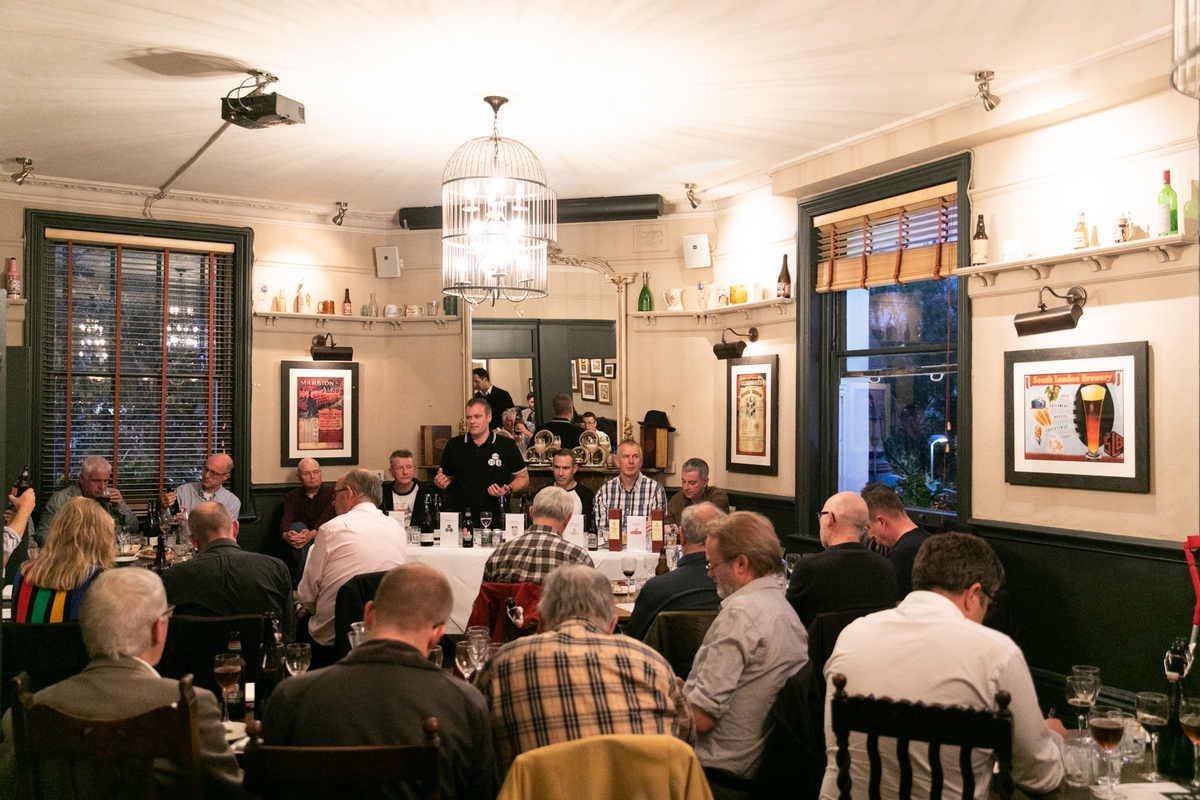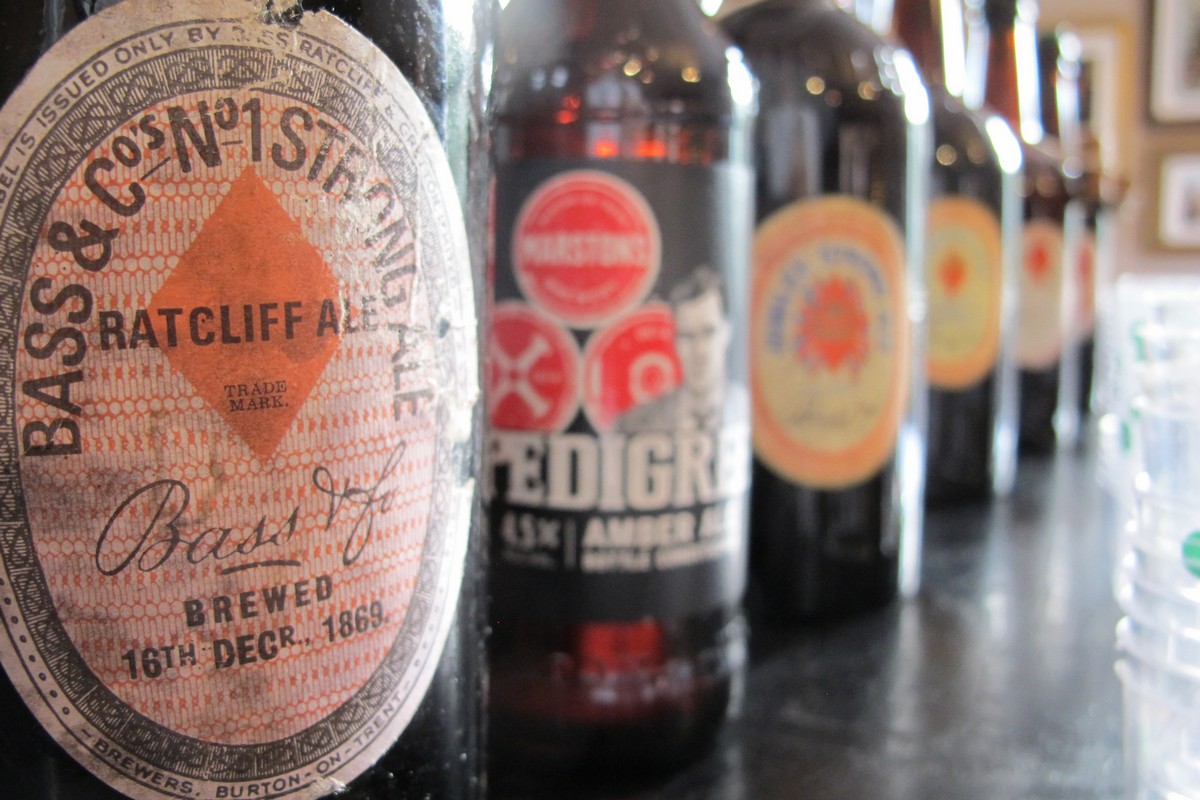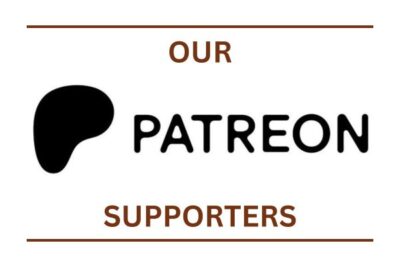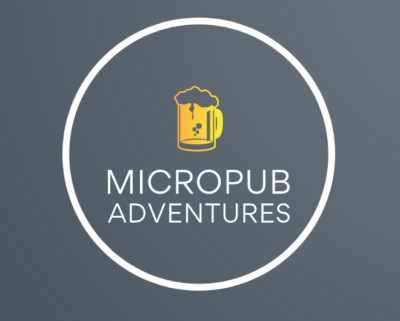Five head brewers and an author gathered at the White Horse, on London’s Parson’s Green, to talk about the past and future of bottle- (and can-) conditioned beer.
John Keeling of Fuller’s, Stuart Cail of Harviestoun, Pat McGinty of Marston’s, Justin Hawke of Moor Beer, and Roger Ryman of St Austell joined author Jeff Evans to give their individual interpretations on beers’ conditioning, and the effects of oxygen on beer.
Stuart showcased his Schiehallion bottle-conditioned lager and his barrel-aged Ola Dubh, both served in 75cl bottles. Pat, of Marston’s, owner of the Burton Union system, showcased Pedigree, which was converted to bottle-conditioned format in 2016 for the first time in its 70-year history.
Justin brought three can-conditioned beers and talked real ale in can, cask, keg and bottle. Roger assessed the complexity of character of his bottle-conditioned Proper Job and of his Bad Habit abbey tripel.
And the retiring (but not on the night) John Keeling spoke on the recipes and sales appeal of vintage ales, with a sampling of Fuller’s 2010 and 2017 vintages.

In 1971, when the Campaign for Real Ale was formed, there were just five bottle-conditioned beers in Britain: Courage Imperial Russian Stout, William Worthington’s White Shield, George Gale’s Prize Old Ale, Thomas Hardy Ale, and Guinness Extra Stout.
Since then, according to Jeff Evans, numbers of bottle-conditioned ales here in Britain have risen to 177 in 1998, 778 in 2006, 1,847 by 2013, and more than 2,000 now.
Elliot Allison, who put together the industry evening on behalf of Marston’s Brewery, said: “Whilst so many brewers and beer lovers are talking hops, or the differences between one cereal and another, too often brewers or beer’s marketers are forgetting that greatest of all magicians, the yeast — and the effects of oxygen, temperature and ageing on its wellbeing.
“So, my thanks to these great brewers and to Jeff Evans for their voluminous knowledge of the ‘conditioning’ of beer. Conditioning of beer is massively important, and yet we seem to take it for granted that the general public knows what it is, or the benefits in flavour and complexity it can bring.
‘Start of a movement’
“When we re-launched Pedigree as bottle-conditioned in 2016, we found this was not the case. There is a big education job to be done, and we hope that today will see the start of a movement by like-minded brewers to punch our message home.”
He added: “As John Keeling rightly said, bottle-conditioned beers are not some poor relation of cask. They are fascinating, complex and evolving, as demonstrated by the 1869, 1977, 1978, 1982 and 2002 vintages from Burton on Trent which our guests had the opportunity to sample.
“A bottle (and can) conditioned beer week is called for, and we aim to work with interested parties to choose a date, maybe in October after Cask Ale Week, and an activity schedule for 2019.
“This week will bring aboard the brewers, the buyers and the drinkers of beer to inspire the creation of new bottle-conditioned beers, and to build their reputation and distribution. As a collective, we will aim to bring bottle conditioned beer back to the forefront of the national zeitgeist.”

» New range of bottled beers from Grasmere Brewery
» Docks Beers reveals first cans range
All content on Beer Today is free to access and always will be. If you would like to support the site with a donation, though — £5 a year would be brilliant — that will be very welcome and can be done via the PayPal donation button below. (You do not need to have a PayPal account). Many thanks!
[wpedon id=”48316″ align=”center”]


